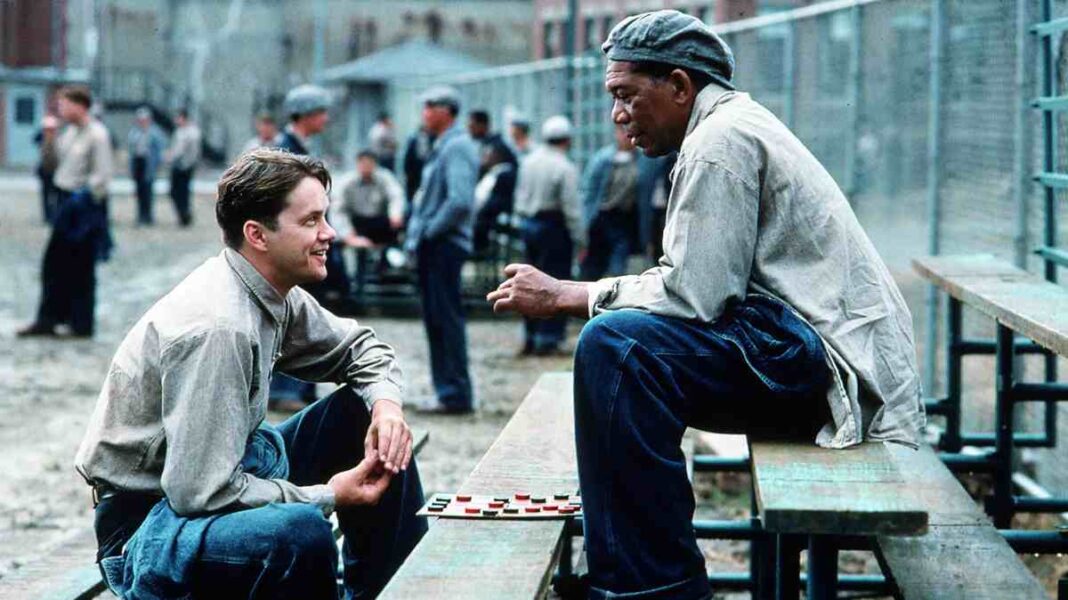I would be lying if I said Alexander Payne is a regular filmmaker with a long hall of fame. “Alexander Payne” is the true master of the craft of movie-making and has directed some of the most celebrated films of all time, including “Nebraska,” “About Schmidt,” “The Descendents,” “Citizen Ruth,” “The Holdovers,” “Election,” “Cedar Rapids,” and much more. He tackles his craft unlike any other filmmaker, and his way of creating his characters is both “BOLD” and “BIZZARE.”
Alexander Likes To Work Along The Lines
Whenever possible, Alexander avoids intervening too closely in the processes that contribute to the production of his pieces. In his opinion, the process of making a movie resembles more of an exploration and discovery. The thrill of producing movies comes from finding new things to try. Alexander treats the method of producing movies like it’s something he does every day. The process begins on the day he picks up his laptop to draft the screenplay and finishes on the final day of polishing. He likes the uncertainty of cinema because it keeps him on his toes. His films are written and conceptualized before shooting begins, but unlike “Akira Kurosawa,” who truly had everything fully figured out to the “t,” he prefers to improvise as he goes. Alexander treats screenplays more like sketches and less as a means to an end that must be adhered to by the whole staff of the film. His workstation is littered with drafts of the script, which are akin to construction blueprints. Prior to a film’s completion, he has no idea of its visual style or color palette, leading him to unexpected outcomes, which he welcomes since they add to the fun of filming.
A Bizarre Way Of Creating A Character
Alexander’s mind houses a clever way of identifying and putting his characters on the silver screen. His masterpieces hit home with me because they are dramas about characters who are so wretched that you can’t help but laugh at their anguish. The greatest comedies are those that seek to be meaningful by exposing the character’s weaknesses and pushing the audience to explore them, even while the characters themselves have so little self-awareness. Unlike other directors of his era, Alexander doesn’t want you to pity his characters, but rather he wishes us to take a trip down their subconscious and explore and dig out things even his own characters aren’t aware of. In short, he always leaves room for his audience to take the reins of their imagination.
Let’s take “About Schmidt,” starring “The Shining” alum Jack Nicholson, as an example. Schmidt, the film’s primary character, is self-centered and inconsiderate of everyone else. He also has very few redeeming qualities. Schmidt has recently retired against his will and is very unhappy because his spouse has also succumbed to a serious illness. All these traits might normally render a person likeable, and to be honest, Nicholson’s portrayal has an unexpectedly endearing quality. Nicholson, who often portrays unlikeable villains, manages to make Schmidt endearing despite the fact that this is a departure from his usual. Nicholson isn’t the only thing going for this film. However, he certainly plays a significant role and serves as the carrier for the film’s witty, deadpan comedy. I highly recommend this film. The narrative isn’t very good, but the characterization and acting are outstanding. Basically, it’s an Alexander Payne movie. Alexander notes that collaborating on location with seasoned performers as creative collaborators made shooting a lot more fun. Payne chimes in to stress the need to take the skills of your cast into account. While he does his best to adhere to his screenplays, he enjoys guiding the performers to make each session unique. Broadway performers tend to maintain a consistent style and idiosyncrasies, whereas cinematic artists are rapidly evolving their own physicality and expressions. Alexander is known for radically altering his productions, making it easier for performers with cinematic experience to connect with his vision.
There’s no denying that Alexander hasn’t gotten over the accusation that he’s overly harsh on his protagonists or that he deliberately throws people in positions to falter or doom. This is an assertion that has been made about the films of the Coen Brothers, and although it may have some validity in some situations, I believe it to be essentially judgmental. Certainly, Alexander still depicts the folks back home in their tiny towns with undertones of sardonic disdain and mockery. But there’s undeniable tenderness in his stinging satire. Let’s take his most celebrated masterpiece, “Nebraska,” as an example. Alexander is also astute enough as a filmmaker not to forsake his natural empathy. I don’t think Alexander has ever directed anything as delightfully poignant as the sequence in which Will Forte’s character locates his dad’s long-lost high-school paramour at the headquarters of the local rag. Also, the film’s devastating conclusion, in which Woody as well as Will finally understand where their very different futures may lead them, Nebraska’s wayside eateries, smoky pubs, disused railroad lines, and older neighborhood houses lined by tree-dotted sidewalks are all vividly captured in Payne’s magnificent masterpiece.
See more: ‘White Savior’ Review: A Wacky Comic Book With Important Things To Say
